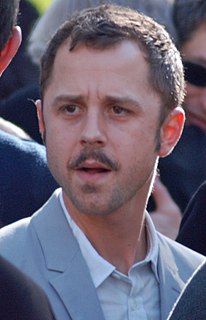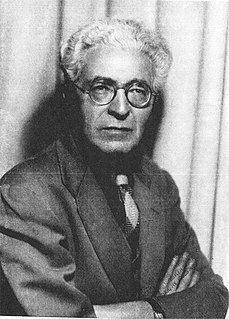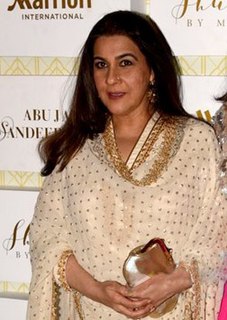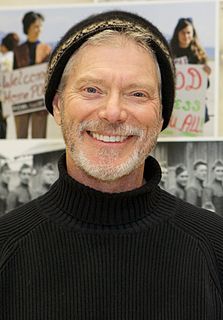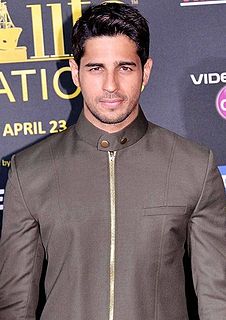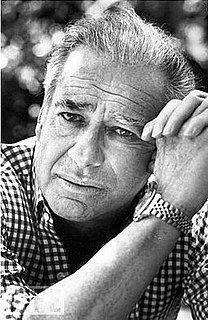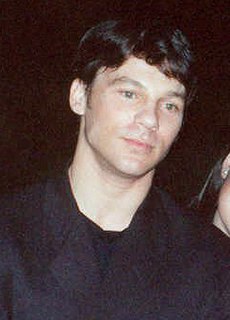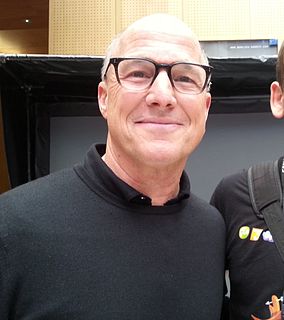A Quote by Nicolas Cage
First of all the criteria that I have that goes into any career decision is whether or not I have the life experience, emotional resources to play the part truthfully or the imagination. Second, would be the director.
Related Quotes
Would there not be the greatest reason to apprehend, that error in the first sentence would be the parent of error in the second sentence? That the strong bias of one decision would be apt to overrule the influence of any new lights, which might be brought to vary the complexion of another decision? Those, who know any thing of human nature, will not hesitate to answer these questions in the affirmative.
However intense my experience, I am conscious of the presence and criticism of a part of me, which, as it were, is not a part of me, but a spectator, sharing no experience, but taking note of it, and that is no more I than it is you. When the lay, it may be the tragedy, of life is over, the spectator goes his way. It was a kind of fiction, a work of the imagination only, so far as he was concerned.
Watching first nights, though I've seen quite a few by now, is never any better. It's a nerve-racking experience. It's not a question of whether the play goes well or badly. It's not the audience reaction, it's my reaction. I'm rather hostile toward audiences?I don't much care for large bodies of people collected together. Everyone knows that audiences vary enormously; it's a mistake to care too much about them. The thing one should be concerned with is whether the performance has expressed what one set out to express in writing the play. It sometimes does.
I know that I've definitely found what I should be doing with my life. In my life, as far as my career goes, I always felt, as an actor, that it was something that would just be a temporary thing that would get me to what I wanted to do next. That's what my acting did. I really feel that I'm a much better director than I was an actor.
Emotional discomfort, when accepted, rises, crests and falls in a series of waves. Each wave washes a part of us away and deposits treasures we never imagined. Out goes naivete, in comes wisdom; out goes anger, in comes discernment; out goes despair, in comes kindness. No one would call it easy, but the rhythm of emotional pain that we learn to tolerate is natural, constructive and expansive... The pain leaves you healthier than it found you.
If we have come up with a creative decision and somebody comes up with another idea, you do have to get into the depths of it and ask: "Is it a better idea? Or is it a different idea?" That can be hard. But that's the type of conversation the director and I will have, or as part of our creative groups. So with that in mind, it's hard to keep a budget in line. It's like in life, if you've ever built anything for the first time you're usually better at it the second time.

